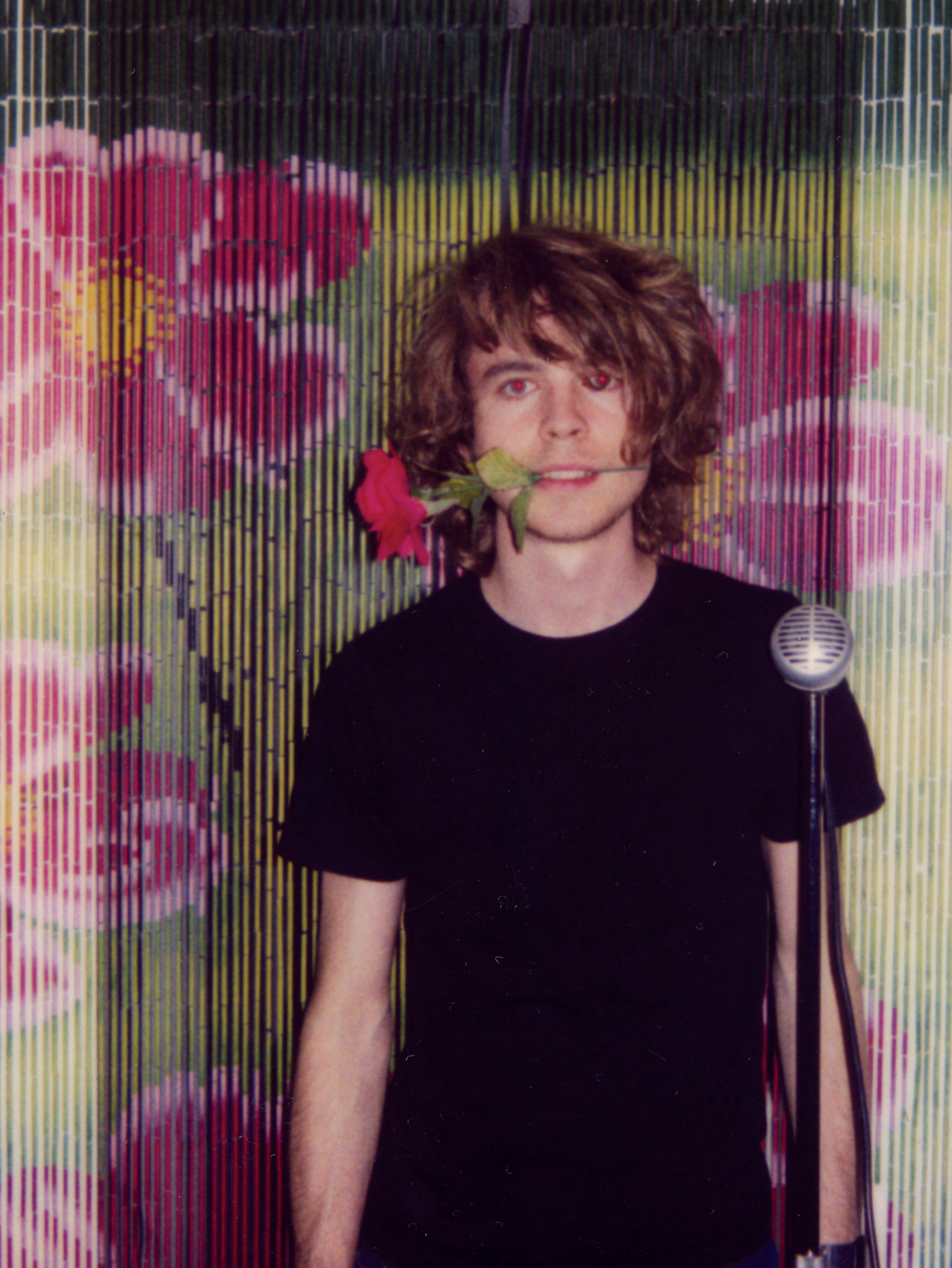Did Tom Vek Love 2005?
Rounding off our 10-year anniversary celebrations and this interview series is a man who made what became 2005’s ultimate cult album

The start of 2005 was crazy. I’d just signed my deal with Island to license my album from (indie label) Tummy Touch and I’d managed to negotiate that it would be a “Go!Beat” release, the legendary label that released Portishead. I was probably finishing up the sleeve artwork, which I really enjoyed – I was exploring phasing designs.
The year ended in a bit of a tumultuous mess. The live band I had assembled had disintegrated in the middle of a US tour ending up with me playing drums and singing for the last shows of that tour. I remember the San Fransisco and LA shows being OK. I was just running on adrenalin. When I got home I was pretty angry about it, but then we got a call about appearing on The OC (the holy grail for bands at that time) and it ended on a high.
I was living in a huge ground and basement flat in Wapping with a few guys including director and uni-mate Chris Cairns. We had access to this equally huge derelict flat next door that we converted into a space to shoot music videos in. Chris and other film-maker friends of ours used it to shoot stuff, and I’m pretty sure a Klaxons video was shot down there. The bedrooms had no natural light so I got into a bad habit of waking up pretty late, especially if we had been playing shows; all my live gear was strewn around this giant flat. We spent a lot of time in pubs and hanging around Brick Lane for parties and gigs at 93 Feet East.
It really was a great year for new music and young Paul Epworth was responsible for a few great records around that time. But basically, I think, without sounding too cyber-cynical, that the pre-Internet delivery routes of music made it seem a lot more magical and inspiring, and allowed you to exist alongside your influences without as much scrutiny. I feel like everyone was proud to be doing their own thing and not so critical, because you were just focusing on your own thing, not watching what everyone else was doing. I’d find out a fan of mine liked Bloc Party because they wore a T-shirt to my gig, and that was about all the analytics I cared for.
Alternative music had been having a good time, and we’d all been ’90s kids with impeccable reference points for interesting music. 2005 was the last year of the old music industry. Myspace changed everything. Maybe I’d argue that it was the last year that people might have lived with an album for longer, which forges a deep connection with that artist – it’s a nice foundation to have when you put out new stuff.
I remember my then manager telling me “I think this is going to be a cult record” (about ‘We Have Sound’) – I thought he was just making me feel better that it hadn’t sold much. But I get the odd story told to me about that record that makes me think it had the right character to make it an approachable record because I was a kid having a great time with music and being bratty and imperfect and rough around the edges – something that wasn’t pretentious, which was important to me, believe it or not.
The thing about that record when I listen back to it now is how fragile and tenuous it was to have come together – it was the perfect timing of me wanting to pull from a few different areas and meeting a producer whose approach was exciting and fast – I owe Tom Rixton an enormous amount. What happened with the next record was I thought I could do it on my own – I was wrong, but I had learnt so much that by the time I came to work on the third album I could finally truly do an album on my own. But I’m incredibly proud of ‘We Have Sound’ – I love how scrappy it is, it sounds terrible if you play it loud. I’m glad it captured some optimism, and a few people have told me what a positive sentiment “Nothing But Green Lights” is. I didn’t even realise it at the time maybe. It’s a reminder to put more slap bass in stuff.
I feel like [the sound of 2005] was all down to The Rapture. I think they were responsible for DJs (at Trash, Afterschool and White Heat) digging out danceable guitar music, and so you got Talking Heads and New Order getting played out all the time too. Also LCD Soundsystem’s ‘Losing My Edge’ was a profound moment, and I remember asking Erol Alkan at Trash what it was when he played it. There was a little scene of bands I was playing with, at White Heat specifically. The early versions of Testicicles were around; Balls and Intense Dudes, I played drums for them a couple of times. Loads of good stuff, but I find it interesting that it gets described as “electronic” so much – it was just the occasional drum machine and casio keyboard that a lot of other people were doing, I felt. The biggest myth of 2005, though, is that Nathan Barley was the first attack on the “hipster” – the satire was already in full flow with The Shoreditch Twat zine, that would get slipped under windscreen wipers of cars on Brick Lane. Hipsters never had it easy, even pre 2koh5.
As told to Stuart Stubbs